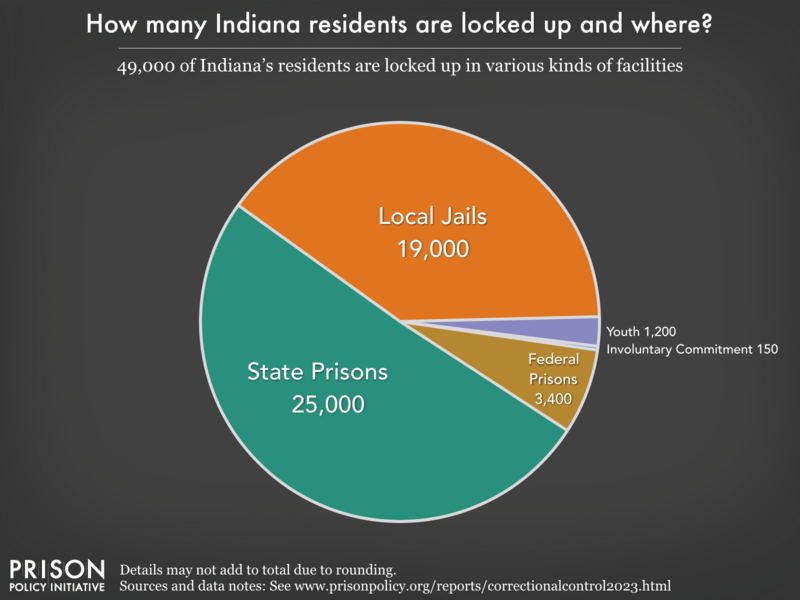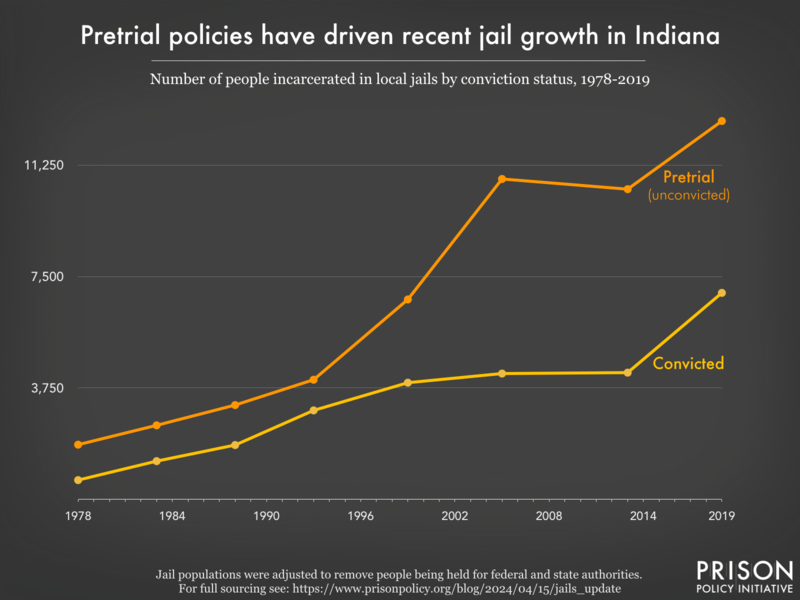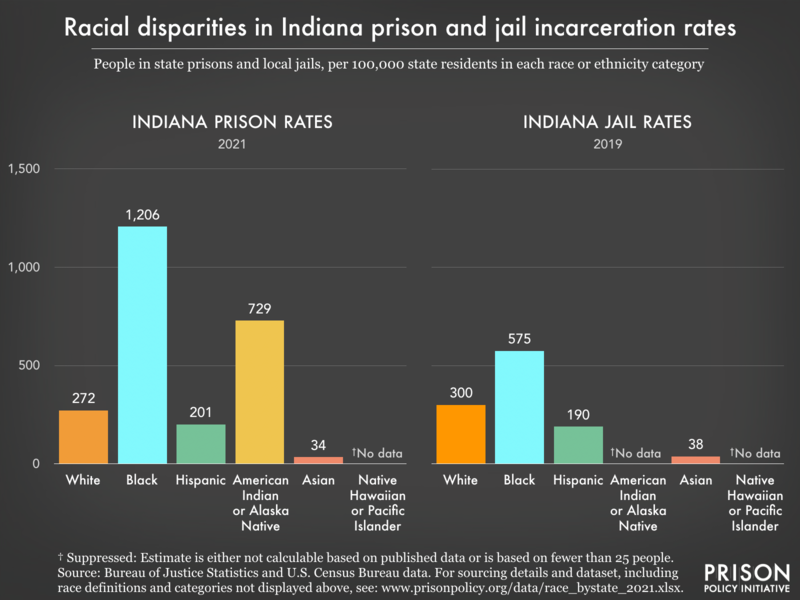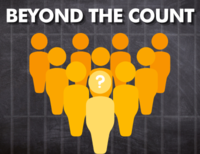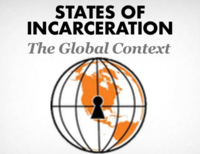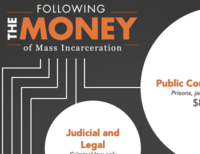Thank you,
—Peter Wagner, Executive Director
Donate
Indiana profile
Indiana has an incarceration rate of 721 per 100,000 people (including prisons, jails, immigration detention, and juvenile justice facilities), meaning that it locks up a higher percentage of its people than any independent democratic country on earth. Read on to learn more about who is incarcerated in Indiana and why.
49,000 people from Indiana are behind bars
Additionally, the number of people impacted by county and city jails in Indiana is much larger than the graph above would suggest, because people cycle through local jails relatively quickly. Each year, at least 122,000 different people are booked into local jails in Indiana.
Rates of imprisonment have grown dramatically in the last 40 years
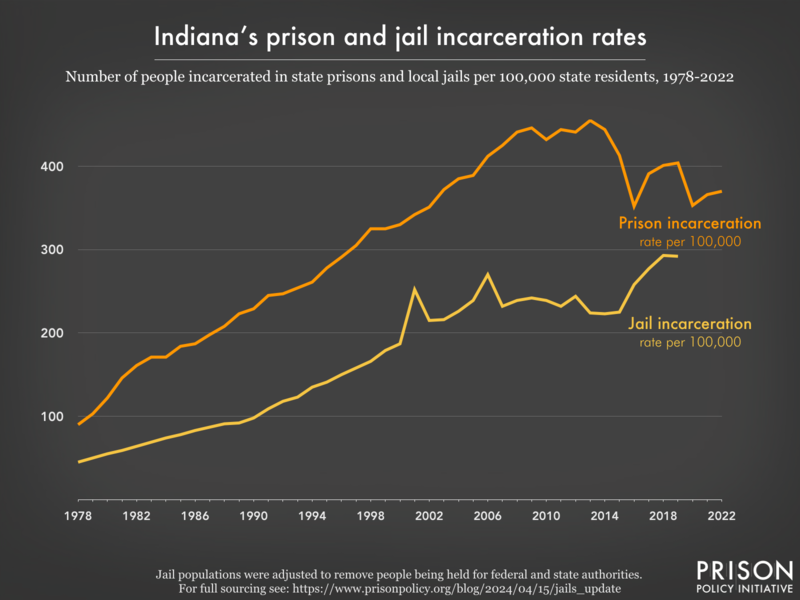
- total numbers rather than rates.
- Women’s prisons: Incarceration Rates | Total Population
- Men’s prisons: Incarceration Rates | Total Population
Today, Indiana’s incarceration rates stand out internationally

People of color are overrepresented in prisons and jails
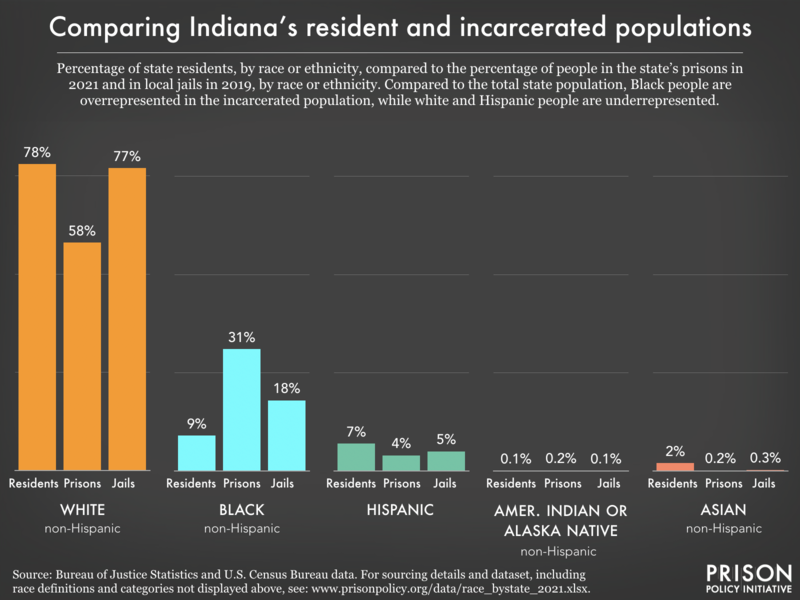
Indiana's criminal justice system is more than just its prisons and jails
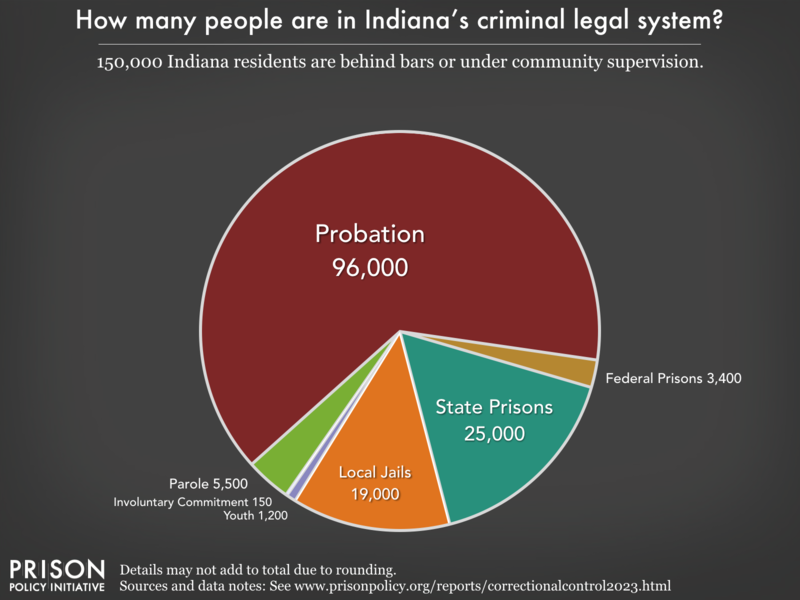
Reports and briefings about Indiana's criminal legal system:
Filter to show
- Before he leaves office at the beginning of 2025, Indiana Governor Eric Holcomb should commute the sentences of the 8 people on death row in the state.
- People on probation in Indiana are saddled with onerous rules and conditions they must follow every day or risk incarceration.
- Prisons in Indiana have tablets, but they may be being used to restrict incarcerated people’s access to books and sap them of the little money they have.
- With an incarceration rate of 721 per 100,000 residents, Indiana locks up a higher percentage of its people than any independent democratic country on earth.
- After the Dobbs’ decision, striking down Roe v. Wade, Indiana totally banned abortion, putting access to the service effectively out of reach for the 24,693 women on probation or parole in the state who also face travel restrictions.
- Prisons in Indiana force incarcerated people and their families — some of the most vulnerable members of society — to subsidize mass incarceration.
- 65% of people in Indiana jails have not been convicted of a crime, meaning they're legally innocent. There are simple steps the state can take to reduce this number. Why isn't it?
- Indiana releases roughly 195,142 men and 59,425 women from its prisons and jails each year. What is it doing to support them upon reentry?
- Black people in Indiana are incarcerated at a rate 4.4 times higher than white people.
- Indiana's choice to criminalize "failure to appear" may be hurting public safety
- The cost of incarcerating older people is incredibly high, and their risk of reincarceration is incredibly low, yet 12% of people in Indiana prisons are over the age of 55. Why is the state keeping so many older people locked up?
- Indiana makes it difficult or even risky for incarcerated journalists to tell their stories.
- In Indiana, 49,000 people are incarcerated and another 101,500 are on probation or parole.
- Indiana charges up to 27¢ for an e-message to or from prison.
- Jails in Indiana charge up to $3.15 for a 15-minute phone call, reaping profits for companies, while prisons charge $2.10 for a 15-minute call.
- Indiana prisons are replacing incarcerated people's personal mail with scans, stifling family contact
- Bail companies in Indiana have a track record of avoiding accountability, our report All Profit, No Risk and review of state-by-state evidence show
- Indiana suspended its $5 medical copays in prisons at the beginning of the pandemic for flu related medical visits — but should eliminate them completely.
- If a person in Indiana prisons has more than $15 in their commissary account they do not qualify for assistance to purchase essentials like hygiene items and postage for legal mail.
- Indiana prisons charge families an 11% fee to transfer money to an incarcerated loved one.
- We gave Indiana a failing grade in September 2021 for its response to the coronavirus in prisons.
- How many COVID-19 cases in Indiana communities can be linked to outbreaks in correctional facilities? (data from our report Mass Incarceration, COVID-19, and Community Spread)
- We graded the parole release systems of all 50 states - Indiana gets an F-
- The hidden costs in Indiana’s “no-cost” prison tablet contract
- Indiana incarcerates women at a rate of 169 per 100,000 residents — higher than any democratic country on earth.
- People in Indiana prisons earn as little as 12¢ an hour for their work.
Other resources
- Research on Indiana in our Research Library
